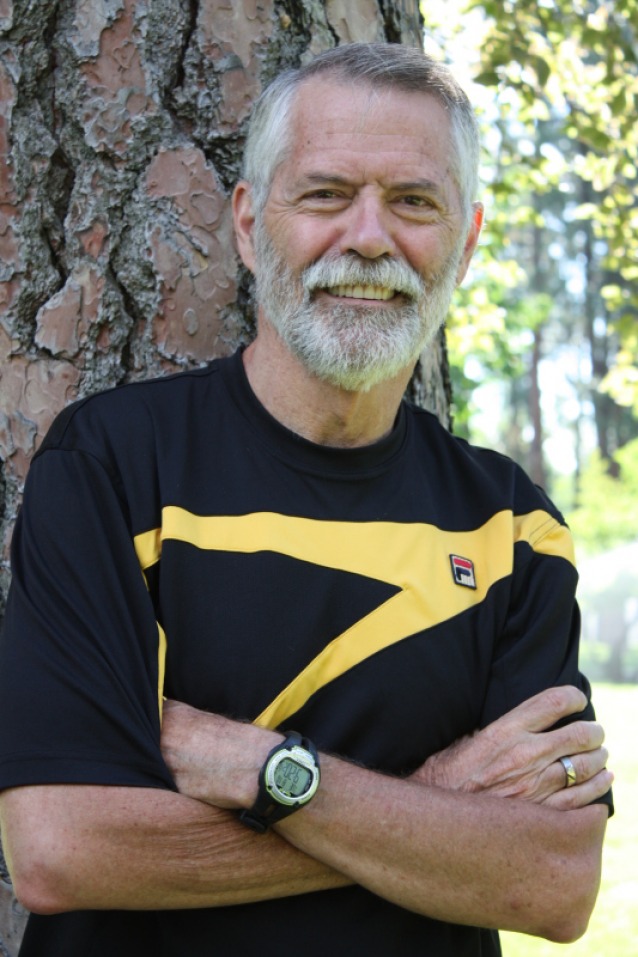I was darn near close to blowing up when I saw Kenneth'd put up that Dead End sign right under the street sign for Margaret. To emphasize his point, the git even took a black Sharpie to it and wrote it out to say "Margaret is a Dead End." Then, you know, skull and crossbones and junk.
At this rate, I was going to have to move. Only thing kept me was I had just three months to go 'fore I could graduate, and the least that school could do after putting me through so much trouble was to hand me a sheet of paper with my full name and the school seal on it. Congratulations, Gret. You survived.
The git had even soldered the darn Dead End sign on, so there was nothing I could do about it, 'cept to ice his front step, which I did. If I was a man, I might've peed on it, too, but it's just too awkward to squat. I'd've been moonin' the street. If a girl these days is expected to whip her shirt off and pull her pants down for just anyone, well, then I guess Kenneth's right about me being a dead end. I expect my handlers to stop and stay, not park for a show. At least the git got me dinner—and if I wasn't lettin' him see anything, you better believe I ain't givin' that to traffic for free.
I had the opportunity today to attend a writer's workshop by Chris Crutcher at a library near my home. Crutcher writes realistic fiction for young adults, and I've got to admit that I had not heard of him until last night when I was putting the newspaper together and noticed the event in our calendar. I'm not usually spontaneous—if I ever seem spontaneous, it's 90% most likely to be planned spontaneity—and deciding to go to an event the night before was pushing it for me, but a free writer's workshop with a published author in attendance is too good to pass up because I'm an idiot who lives by a schedule.
So I signed up and went online to read bits of his writing to familiarize myself with his writing (and to make sure the workshop would be worth my time). The two pieces I took a look at involved a steep learning curve in the first few paragraphs, meaning that the reader was deluged with information and scrambling to pick it all up. Once that was over with, things usually settled down. I haven't read an entire book of his, so I can't talk much about his writing, but I will say that while it isn't brilliant, it's alright. What probably drives the books home is that they address issues in teenagers' lives that many adults don't want to look at. For instance, he read an excerpt from something of his during the workshop that was about a boy with two sets of gay parents. Society is starting to come around to these sorts of things, but it's easy to see why he's the sort of writer who has "Banned Book Week" as a tab on his main website.
The workshop itself was not much of a workshop, per se, and more of a mostly one-sided discussion about writing. The thing I liked best from what he said, which I will pass on to you, is the idea of a narrator's attitude being, "I won't tell everyone, but I will tell you." It gives the reader a one-on-one experience with the book, like they are getting individual attention. He specifically mentioned To Kill a Mockingbird as an example of this (I really need to reread that book. I barely remember it).
The bit of fiction I put above is something I wrote during the workshop, by the way, and the idea came from a street sign I saw the other day that was for Margaret Street, under which there was a Dead End sign. I felt like it was making a statement, and so when Crutcher asked us to write with the prompt of "It really made me angry when," I reached into my mental writer's notebooks and pulled it out.
When I say mental, I mean that I go through my writer's notebooks relatively often, so that those ideas don't die off, but stay within easy access of my memory. Road signs are typical of the sort of things I keep in my writer's notebooks. I think I've mentioned this before, but I'll keep descriptions, snatches of dialog, and phrases, for the most part, in my notebooks. Different writers work in different ways, but that's what I do.


No comments:
Post a Comment